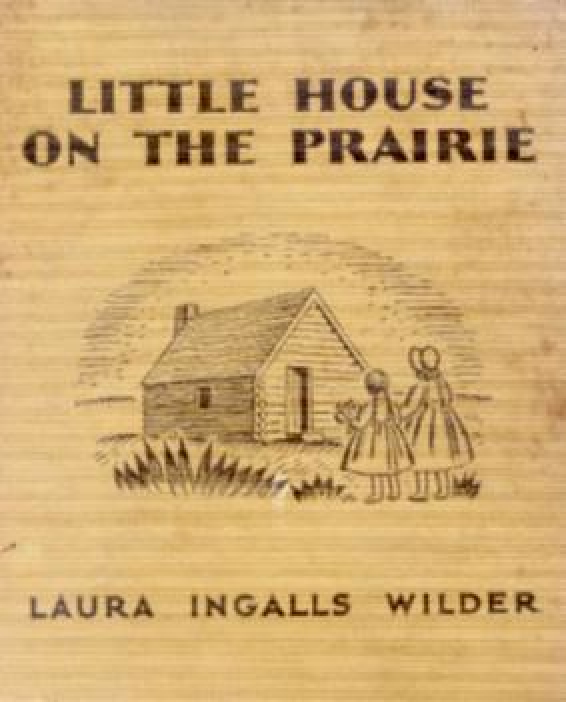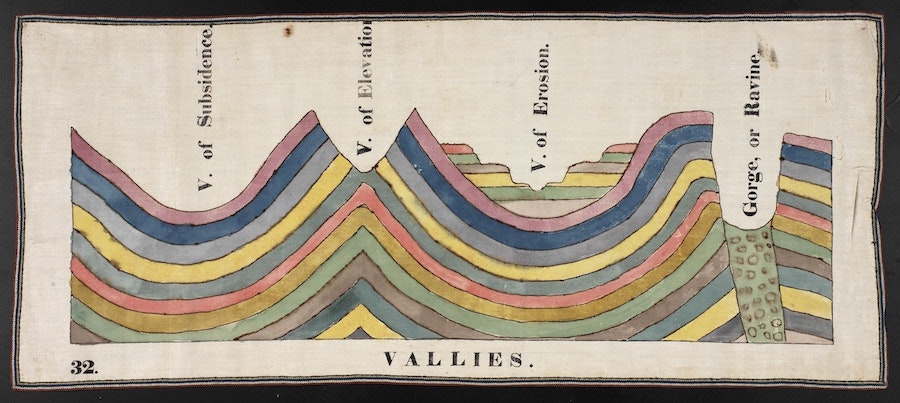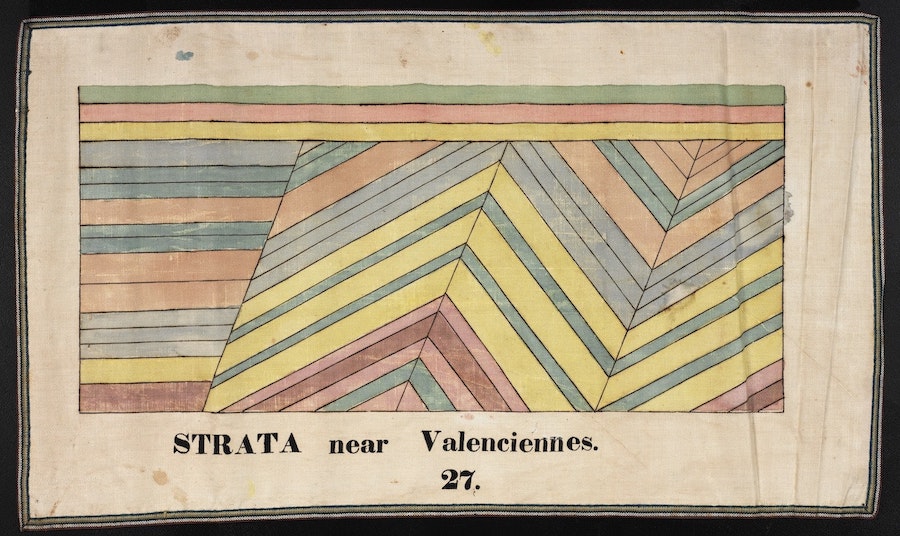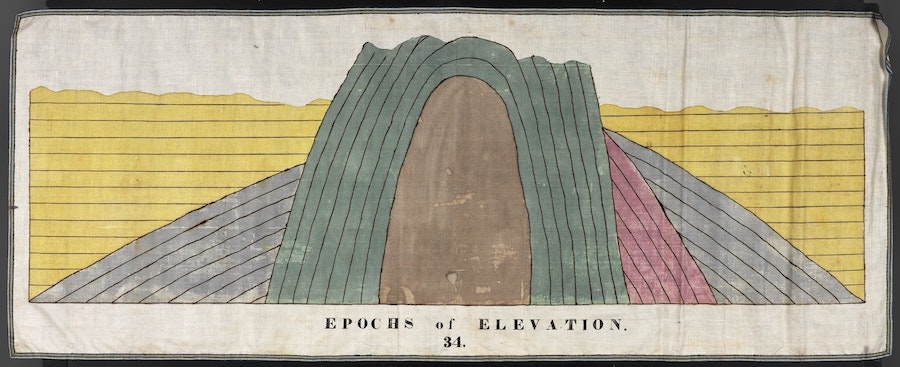Laura Ingalls Wilder’s story is immortalized in the Little House on the Prairie books, as well as a TV series that ran from 1974-1983. Over a series of nine books, published between 1932-1943, the Little House story shows the hardship of frontier living while also showing some of the charms of homestead life. The stories are a testament to the Ingalls family’s tenacity and success in going west and making a good life from the fruits of their labor. I was required to read these as a child and remember being afraid of contracting scarlet fever and going blind, just like Laura’s older sister Mary. For myself and many children, the Little House books were some of the first chapter books read in elementary school. At least during my childhood years in the 1990s, there was no shortage of merchandise to go along with the books as well.
Unfortunately, this story is largely a lie. The Little House books are based loosely on Laura’s life from rough notes in her journal, but the series was written by her daughter, Rose Wilder Lane. While this isn’t necessarily a bad thing, understanding Rose’s intention in writing the books is imperative in understanding the American mythos, the founding of the right-wing Libertarian party, and anti-socialist propaganda. Rose was an author, libertarian thinker, and journalist who hung out with the likes of Herbert Hoover, Ayn Rand, and various oil barons (think Daniel Plainview in There Will Be Blood).
Rose hated FDR’s New Deal, and was known to fantasize about FDR either being assassinated or doing the job herself. She was terrified that FDR’s New Deal (which supercharged the American economy, allowing those living in the latter half of the twentieth century to lead prosperous lives) would destroy everything the United States stood for. Further, Rose grew concerned that America did not have its own nationalistic fables like those of the USSR—fables that stirred patriotic impulses and loyalty to one’s country. However, since Rose was not pleased with the socialistic direction of the US—due to what she believed was federal overreach—she knew her stories would need to motivate hyper-individualism and self-sufficiency. And, most importantly, they would need to achieve these goals without government assistance.
This inspired Rose to use her mother’s story as source material to compose the Little House books. The story of the Ingalls and Wilders was a fairy tale version of what actually happened, leaving the end product a success-washed story of a life lived amidst many failures and shortcomings. The successes of families like the Ingalls, Wilders, and countless other Americans primarily came from the federal government—not from the libertarian fantasy of self-sufficiency. The Homestead Act and railroads, funded by federal tax dollars, allowed Americans to flourish in the wake of the Great Depression. Rose leaves out any mention of how pioneers’ westward expansion displaced and terrorized Indigenous peoples in this process.
By brushing aside factual history in favor of painting falsities, Rose was able to give young Americans fables of their own. The books are more like Atlas Shrugged for kids than they are memoirs. Further, the books were part of a wider right-wing movement intending to shift how Christians thought about wealth. Before the twentieth century, Christians—especially American Protestants—held the core value that it was easier for a camel to travel through the eye of a needle than for a rich person to enter the kingdom of heaven. However, as an ultra-wealthy class emerged in America, anti-socialist thinkers sought a way for capitalism and Christianity to co-exist. After all, Jesus and his message were too left for their liking—WWJD? Probably not free-market capitalism built on the backs of the weary. During this time, as pastors began to seek wealth of their own, American Protestantism began preaching that God actually rewards rich people with wealth. Thus, the prosperity gospel was born.
While Rose doesn’t explicitly talk about this in the Little House books, it was a core tenet of her libertarian beliefs and explored more in some of her other books. During Rose’s lifetime, believing that the federal government should be dismantled was a fringe belief, but in recent decades, this sentiment has become a core part of Republican ideology. As America moves forward, it is important to keep in mind how early anti-socialist and anti-working-class propaganda has been a throughline since the Industrial Revolution.




